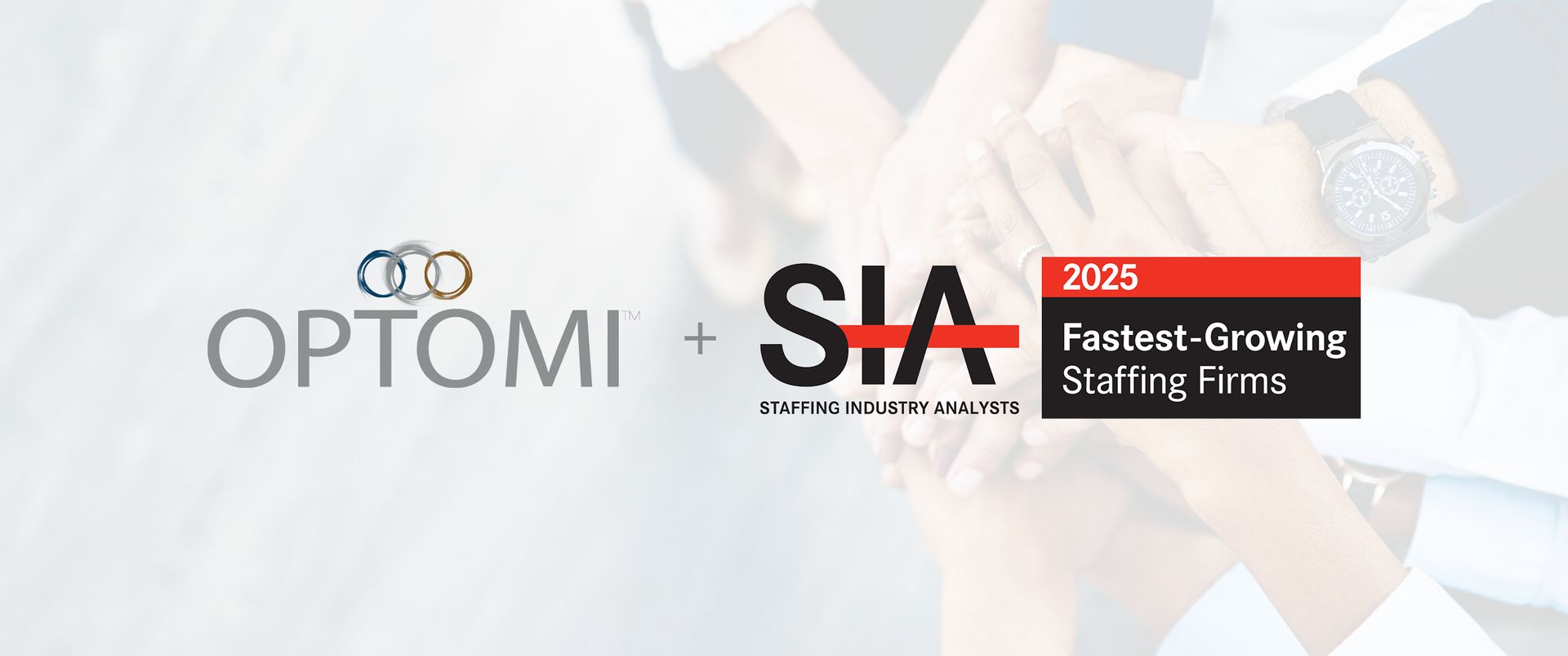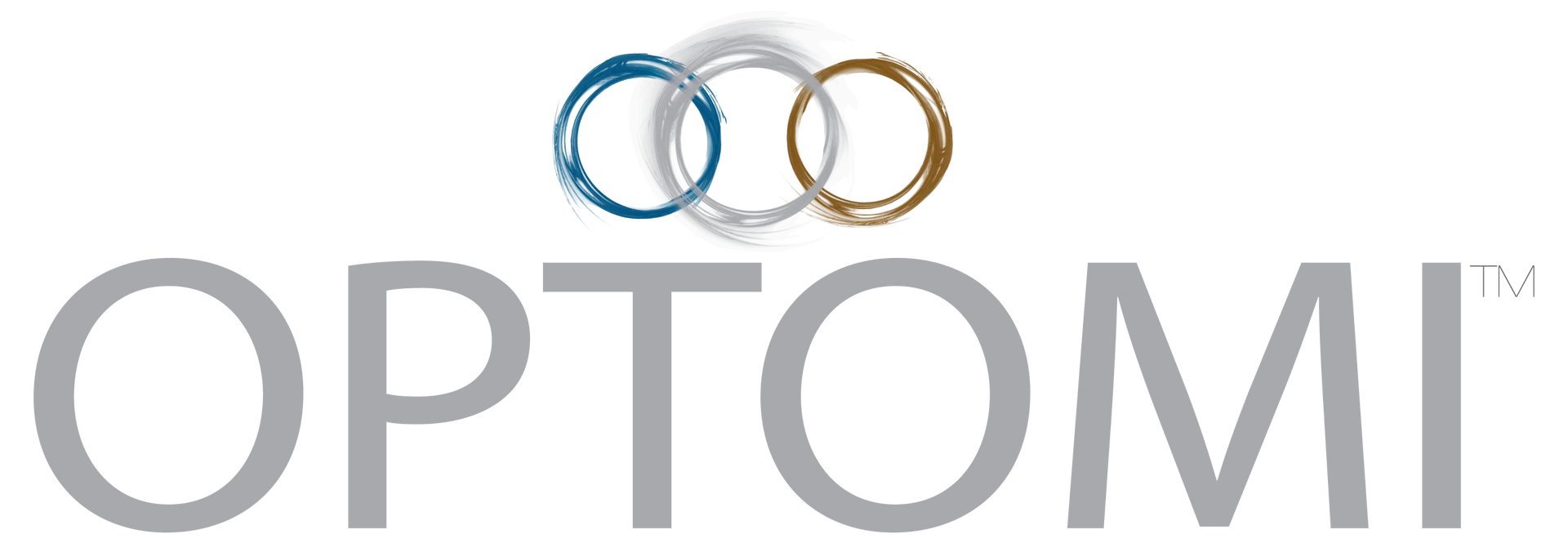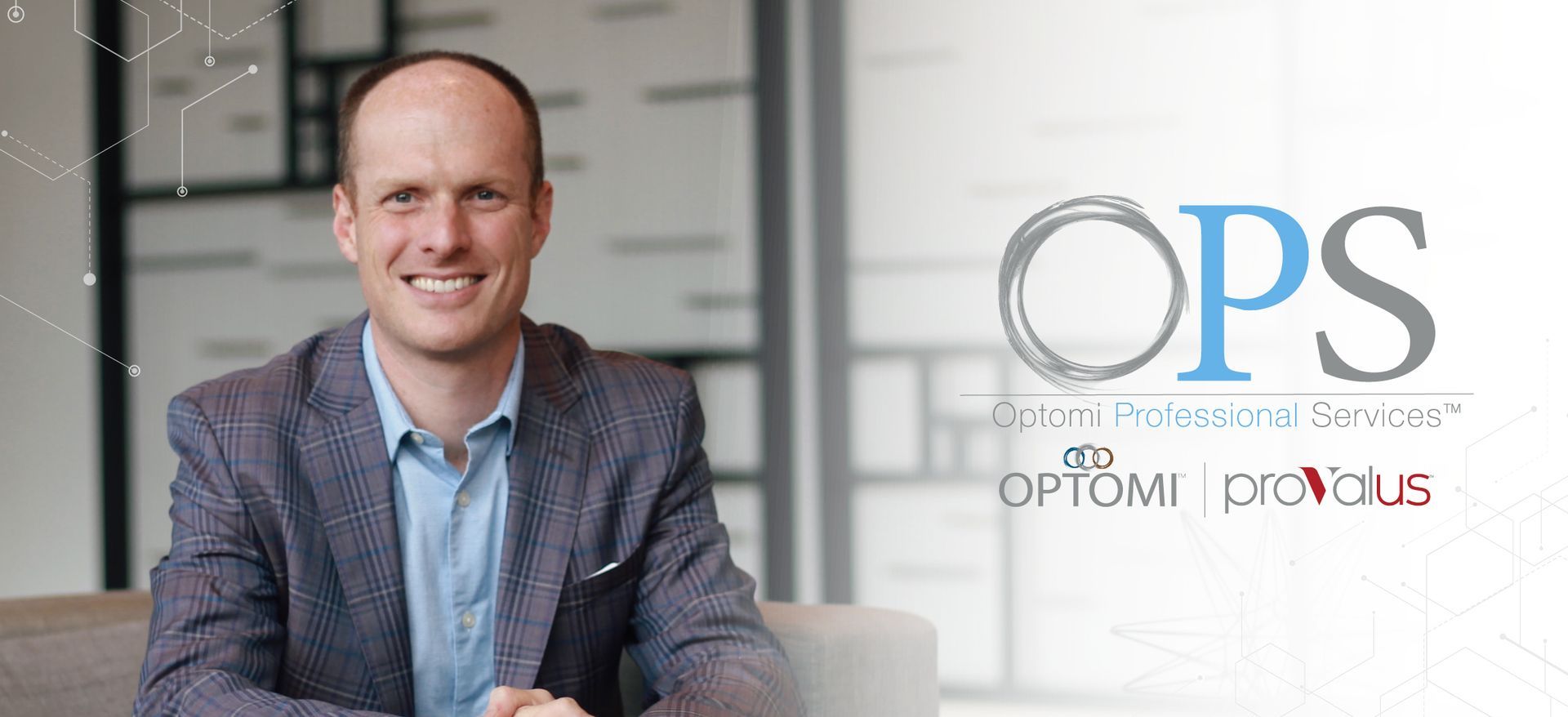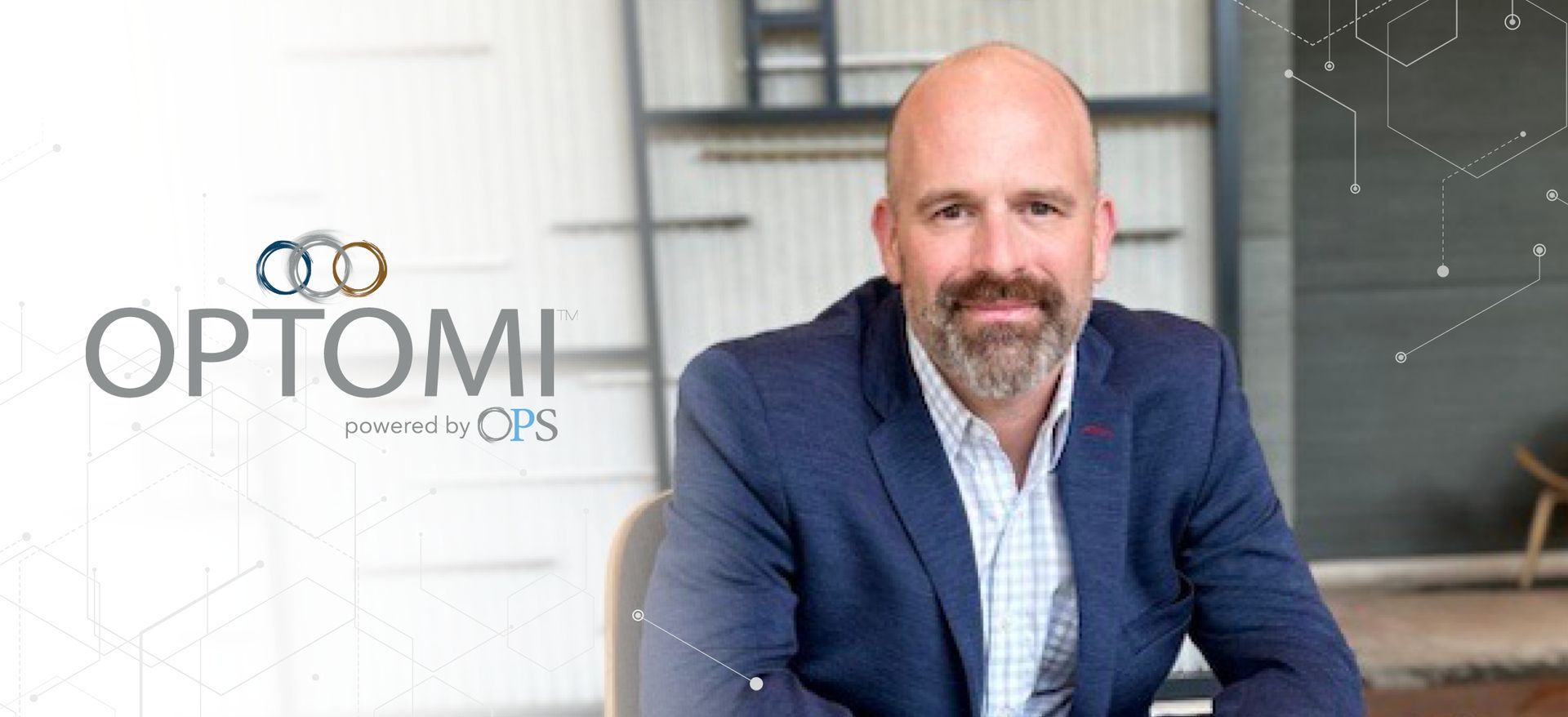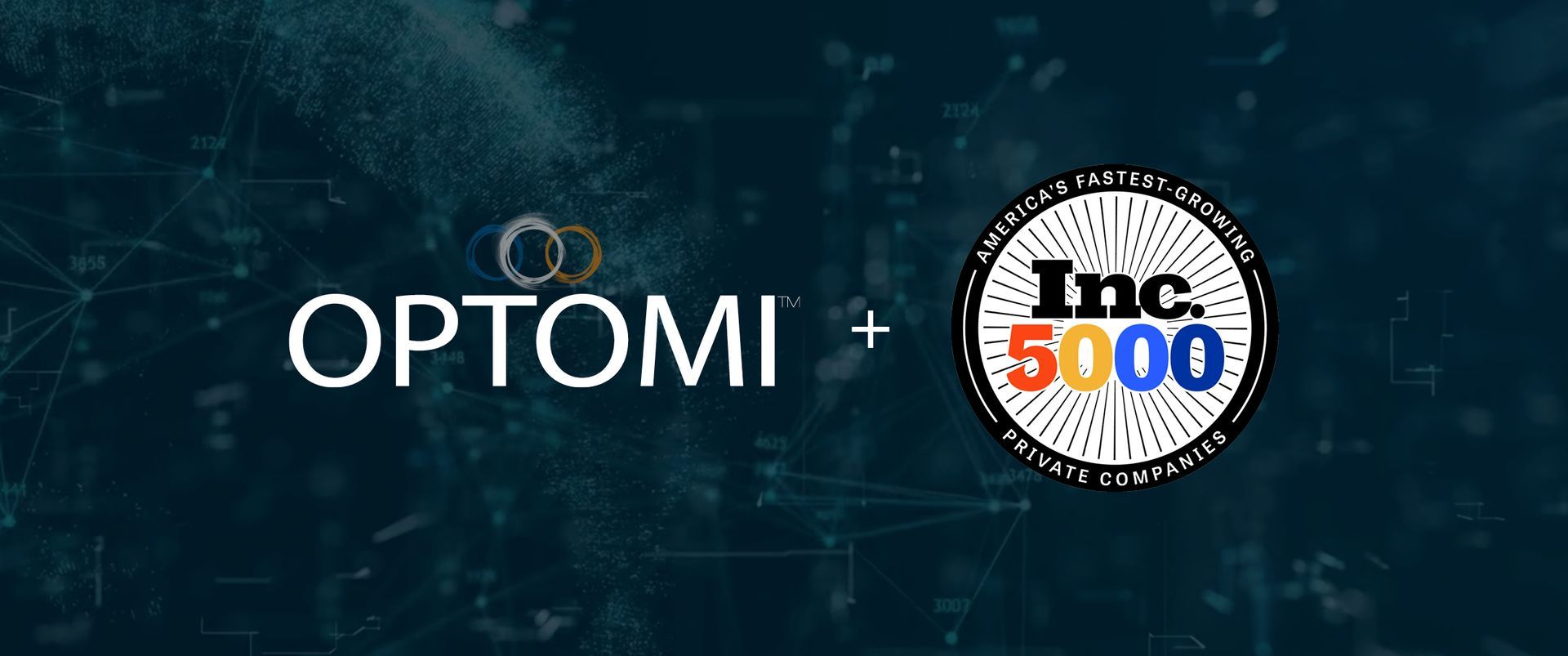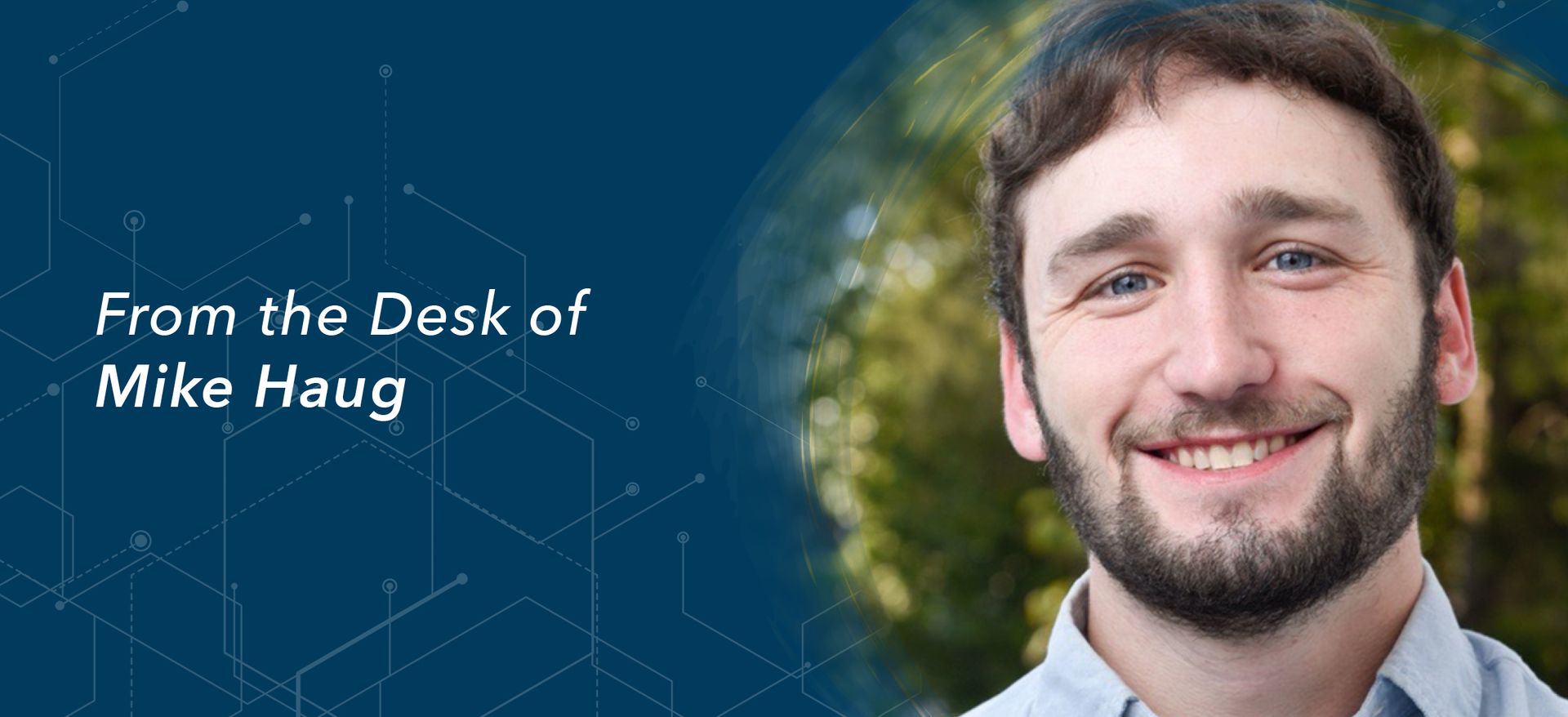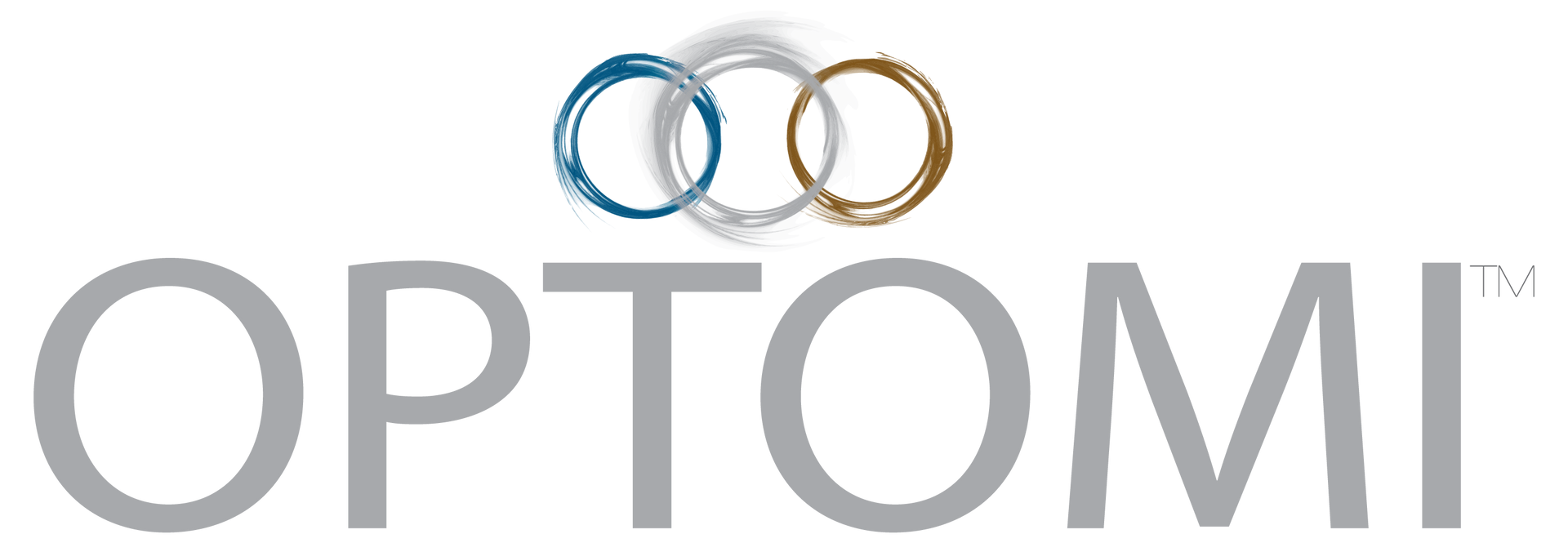
Optomi, the technology talent brand of Optomi Professional Services, is known for significantly improving the interview-to-hire ratio for clients through a skill-set-focused approach to recruiting. Discovering culturally aligned candidates who possess the skills necessary to excel in their roles is a strength of Optomi’s. As reported; http://www.digitaljournal.com/pr/4799887
A typical employer seeking to hire for a position will review 250 resumes and conduct 6-8 first interviews with 2-3 rounds afterward before making an offer to a single candidate. Optomi takes the burden from the hiring manager by vetting candidates so effectively that the firm averages an interview-to-hire ratio of 3:1 versus the industry norm of 6:1 (or worse).
“A time-consuming hiring process eats up hiring managers’ bandwidth and causes delays that can affect the entire organization. Our highly-effective skill-set approach to recruiting talent coupled with our proven processes streamline the hiring and greatly improve the chances that our clients will find the talent they need in the most cost-effective manner,” said Ben Tucker, Vice President of Delivery, Optomi Professional Services.
Optomi assisted an enterprise technology provider client by partnering with a group of hiring managers when the human resources (HR) department was overwhelmed by the task of finding resources for a 40-person project. The corporation needed to build a scrum team, hire java developers, BAs, C# and QA testers. The client was having trouble finding candidates that met its needs despite interviewing a significant number of individuals. Typically, this Fortune 500 company’s hiring managers would interview 15 contenders to find one good fit. A Vice President at the client recommended Optomi’s services after using the firm for a project. Soon, word spread about the superior quality of the Optomi candidates and streamlined process. It did not take long for the glowing inter-company referral to gain momentum. Optomi placed 70 contractors at once and currently has several hundred working for this client, with 94 percent on contract. Optomi was able to improve the interview-to-hire ratio from 15:1 to 4:1 immediately with its skill-set-focused approach to recruiting and its Opt2vue video technology.
Using its skill-set-focused approach, Optomi improved another Fortune 500 corporation’s interview-to-hire ratio by 38%. This financial services company was seeking employees based in the Charlotte, North Carolina, area to manage its data. The client’s technical team was changing over from waterfall to agile and needed workers proficient in iOS/Android development, agile, digital transformation, backend development, QA testing and DBA skill sets. Hiring managers were spending excessive amounts of time interviewing and it was seriously limiting their ability to focus on their core responsibilities. The result was a mounting backlog of work and a series of costly project delays.
Further compounding the problem were challenges with onboarding quality talent who could seamlessly dive into work. Furthermore, the firm needed staff members who were able to transition from contract to full-time employees as needed. A partner with integrity was also important to the client, as they had experienced frequent deception from previous staffing firms. The client also wanted candidates who were a good cultural fit for the business and who felt loyalty to the brand.
Optomi’s team met with hiring managers at the financial services company to gain a full understanding of their business objectives. Optomi’s high-quality candidates fit both the cultural parameters and the skill-set specifications. By implementing the Opt2vue video technology combined with its skill-set-focused approach, Optomi improved the client’s interview-to-hire ratio 38%, elevating the efficiency of the financial service company’s hiring process. Due to Optomi’s consultative approach and partnership, it was able to provide agile coaches and multiple scrum masters and developers for the projects.
The strong client relationship led to an introduction to the OPS domestic outsourcing brand Provalus. The Provalus brand of OPS sourced economical resources to ensure the stagnant projects got back on track. The Provalus technology talent was required to pass rigorous background checks and fingerprint screenings due to the sensitivity of dealing with financial data in real time. Because Provalus employees are American, these security concerns were easily addressed. The Provalus workers in rural towns write test cases based on requirement documents and perform system integration testing using PL/SQL for backend testing and Hue for testing the Hadoop environment.
The rural location of the tech talent has resulted in cost savings and increased employee retention. The employees provided by Provalus caught up to the internal development team and eliminated the backlog in just eight months – the first time the client experienced this outcome.
The Optomi Professional Services approach to business is truly unique and effective. The financial services company continues to leverage Provalus to hire more tech talent. The company frequently engages Optomi for onsite high-level technology projects. The ability for OPS to provide onsite and offsite technology talent and services gives the organization a unique position in the marketplace.
